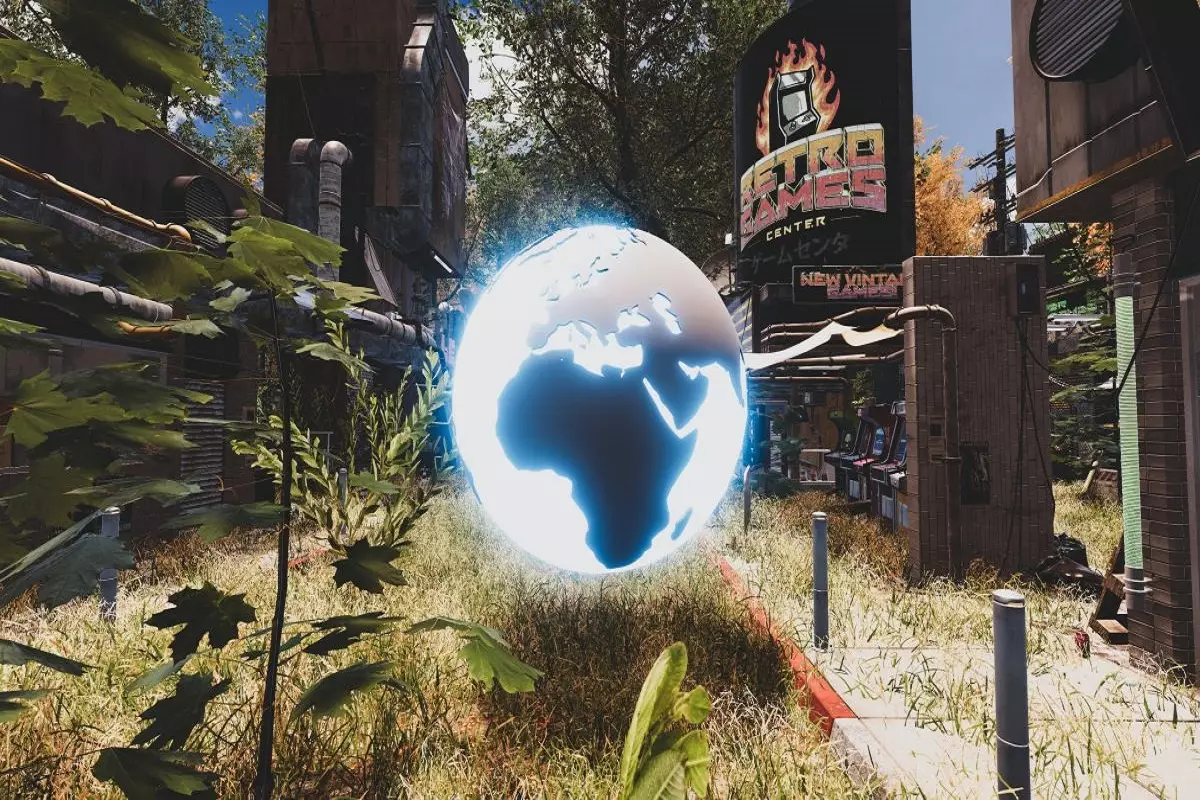The gaming landscape in Africa is undergoing a remarkable transformation, spearheaded predominantly by the mobile gaming sector. Currently, mobile gaming represents an impressive 92% of all gaming activities across the continent, signifying a remarkable shift in how entertainment is consumed. As internet access broadens and mobile data costs decline, a surge in interest among developers and investors is anticipated. Analysts predict that Africa’s gaming market could reach a staggering $3.72 billion by 2029, propelled by increasing connectivity and innovative technologies.
The adaptability of African consumers to mobile technology creates a fertile ground for gaming advancements. Gaming is no longer seen merely as a leisure activity; it has transformed into a multifaceted avenue for social interaction and economic development. The growing demand for mobile-friendly gaming experiences is prompting developers to create localized content that resonates with African audiences, paving the way for a vibrant gaming ecosystem.
Recent years have seen international investors turning their gaze towards the African gaming market, drawn in by its rapid developments and largely untapped potential. The continent is becoming increasingly recognized as a budding player in the realm of Web3 gaming — a sector that marries traditional gaming with cutting-edge blockchain technology. Web3 gaming, also known as GameFi, empowers players not only to engage in immersive gaming experiences but also to reap rewards through decentralized finance (DeFi) mechanisms.
This trend showcases emerging gaming titles like Axie Infinity and Hamster Kombat, which have achieved notable popularity among African gamers. A key component of this phenomenon is the rise of non-fungible tokens (NFTs), which are revolutionizing ownership in gaming. Gamers now have the ability to acquire, trade, and monetize digital assets beyond the game environment, fundamentally altering the financial landscape of gaming in Africa and offering new revenue streams for developers.
Despite the exciting prospects for Web3 gaming in Africa, several challenges loom large. The most significant hurdle is the absence of robust regulatory frameworks governing blockchain technology. Only a handful of African nations have established laws that support the emerging blockchain industry, which leads to regulatory uncertainty that stifles innovation among startups. This lack of clarity regarding compliance hampers the efforts of developers seeking to operate within this new paradigm.
Moreover, low levels of education and awareness regarding Web3 gaming, cryptocurrencies, and blockchain technology serve as additional barriers to widespread adoption. Many potential users remain skeptical of embracing unfamiliar technologies, particularly in an environment where scams and fraudulent schemes proliferate. Establishing trust among gamers is essential to fostering an expansive Web3 gaming community on the continent.
Navigating these challenges does not have to be an insurmountable task. The establishment of regulatory sandboxes could create a controlled space for startups to experiment with their products while receiving some degree of regulatory oversight. Such initiatives help reduce compliance burdens and liberate innovators to focus on developing groundbreaking technologies and gaming experiences.
Additionally, fostering collaboration among developers, investors, and regulatory entities will prove instrumental in addressing the existing challenges. By creating partnerships and enhancing communication, stakeholders can cultivate conducive environments for the growth of Web3 gaming. Promoting digital literacy and educating potential users about the benefits and challenges of Web3 gaming will further facilitate acceptance and adoption. Knowledge-sharing initiatives and partnerships with educational institutions can aid in demystifying blockchain technology for the average user.
African developers possess a unique opportunity to tap into the continent’s rich cultural tapestry to create immersive gaming experiences. By incorporating local folklore, stories, and cultural elements into their games, developers can forge connections with players both locally and globally. Not only does this approach celebrate African heritage, but it also positions the continent as a creative powerhouse in the global gaming landscape.
With the right blend of investment, innovative approaches, and regulatory clarity, Africa stands poised to carve out a significant niche in the global Web3 gaming arena. As the gaming sector continues its rapid expansion, the continent is set to shape the future of gaming both regionally and internationally.
Africa is not merely catching up in the gaming world; it’s setting the stage for a gaming renaissance. With a determined focus on overcoming existing barriers and harnessing the power of collaboration, the African gaming industry is on the precipice of greatness. The future of Web3 gaming in Africa is bright, and the call to action is loud and clear — it’s time to play.


Leave a Reply